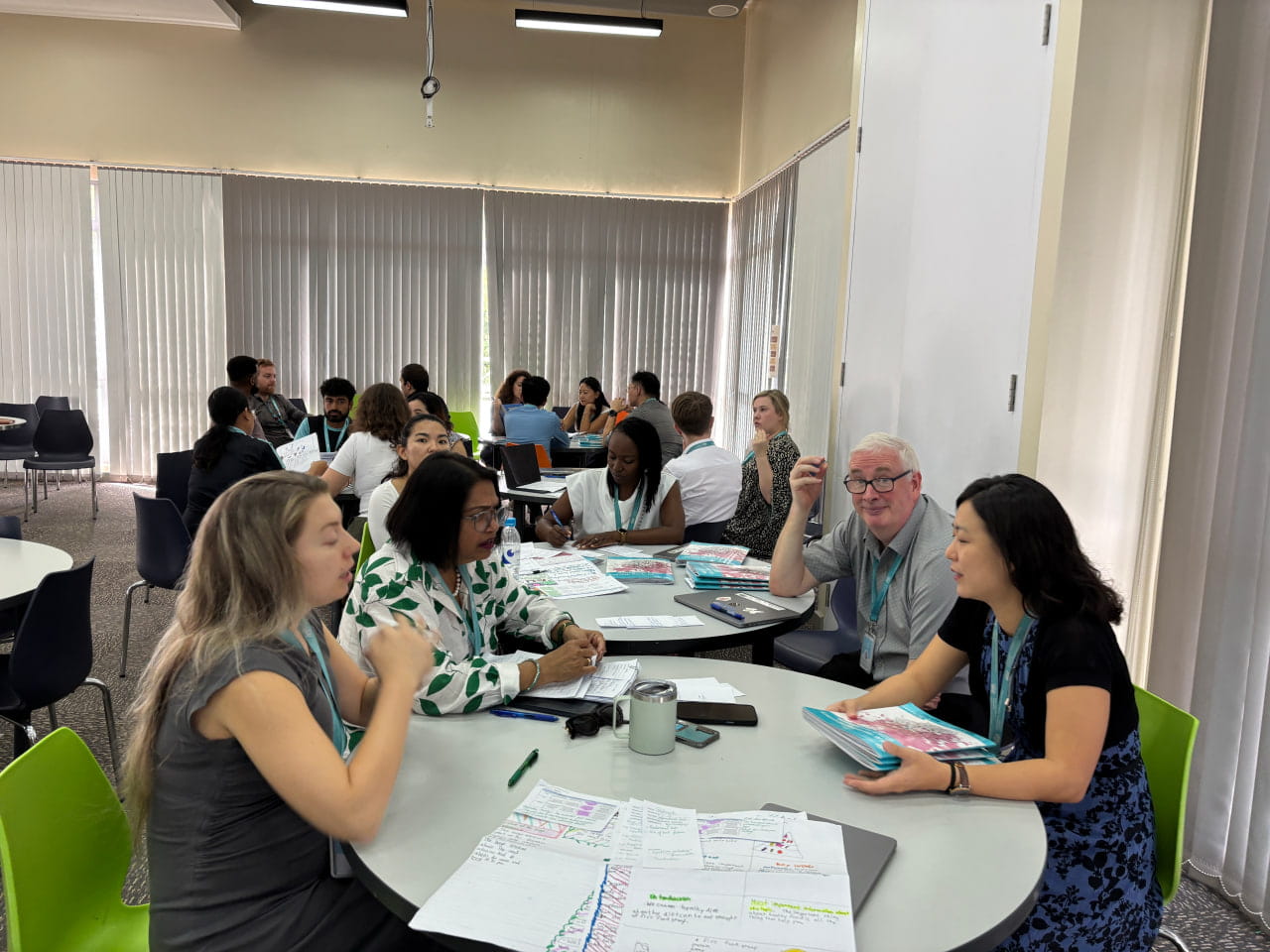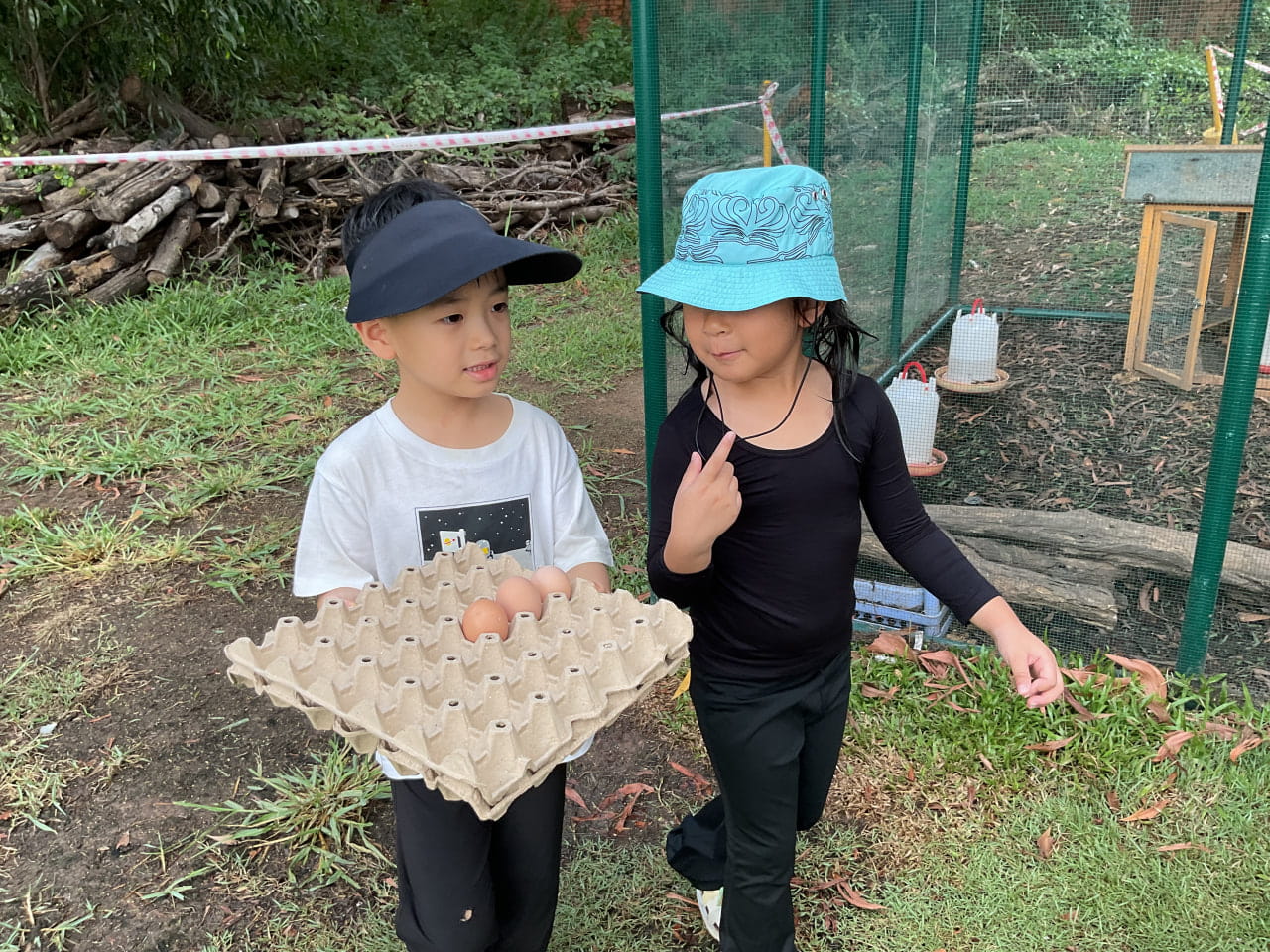Why improving reading skills is so important for young learners at Northbridge Did you know the first stages of reading are listening? Listening helps babies and children to understand the meaning and function of words, which is the foundation of reading. Before a child can read it is important that they have many listening and speaking opportunities. Listening to a variety of sounds in the environment and words, giving the child a bank of vocabulary, is a very important step in their language and pre-literacy development. These are steps that can be taken before they join school and skills that the students will continue to develop throughout their time at Northbridge International School Cambodia.
Did you know the first stages of reading are listening? Listening helps babies and children to understand the meaning and function of words, which is the foundation of reading. Before a child can read it is important that they have many listening and speaking opportunities. Listening to a variety of sounds in the environment and words, giving the child a bank of vocabulary, is a very important step in their language and pre-literacy development. These are steps that can be taken before they join school and skills that the students will continue to develop throughout their time at Northbridge International School Cambodia.
What is the next step?
The next step, once a child can distinguish between different sounds in their environment, is the beginning of synthetic phonics and phonological awareness. This is where we learn the sounds associated with individual letters in the alphabet and groups of letters. Once a child can identify some sounds, they can begin to sound out whole words. With the recognition of just six sounds (s-a-t-p-i-n) over 100 words can be read.
You can read more about synthetic phonics and hear an audio guide to the different sounds by following this link: https://home.oxfordowl.co.uk/reading/learn-to-read-phonics/

After a child has some knowledge of phonics (sounds) and can decode (sound-out) words, it is important to link a meaning to those words. Comprehension can be as simple as matching a word to a picture and as advanced as exploring hidden meanings within Shakespeare. Comprehension skills are fundamental for all competent readers and skills that everyone needs to be a successful learner, whether in Early Years or University.
You can view an overview of comprehension skills for Early Years and Primary School Grades, by following this link: https://home.oxfordowl.co.uk/reading/reading-comprehension/

What can you do at home?
Model good communication skills (speaking and listening), actively listen to your child and allow them to develop their understanding of words through speaking. Model good communication skills and turn-taking.
Read aloud and let your child hear an extensive bank of stories, make the most of the school library and encourage your child to borrow books every week.
Encourage a love of reading through positivity: if your child reads a word incorrectly encourage them to be accurate but only in a positive way, praise your child when they choose to spend their time reading and find ways to praise their reading skills.
Read and play phonics games, make the most of the school subscriptions to RAZ-kids and Spelling Shed (https://www.raz-kids.com/ and www.spellingshed.com).
RAZ-kids has an extensive library of books for your child to read and also asks comprehension questions to help your child think deeper about the content of the book.
Phonics bloom (https://www.phonicsbloom.com/) has a variety of online phonics games your child can access independently, you can also play hands-on games at home such as the alphabet game, I-spy, snap or other matching games. Get more ideas from your child’s teachers, who are always happy to support the development of reading skills at home.









